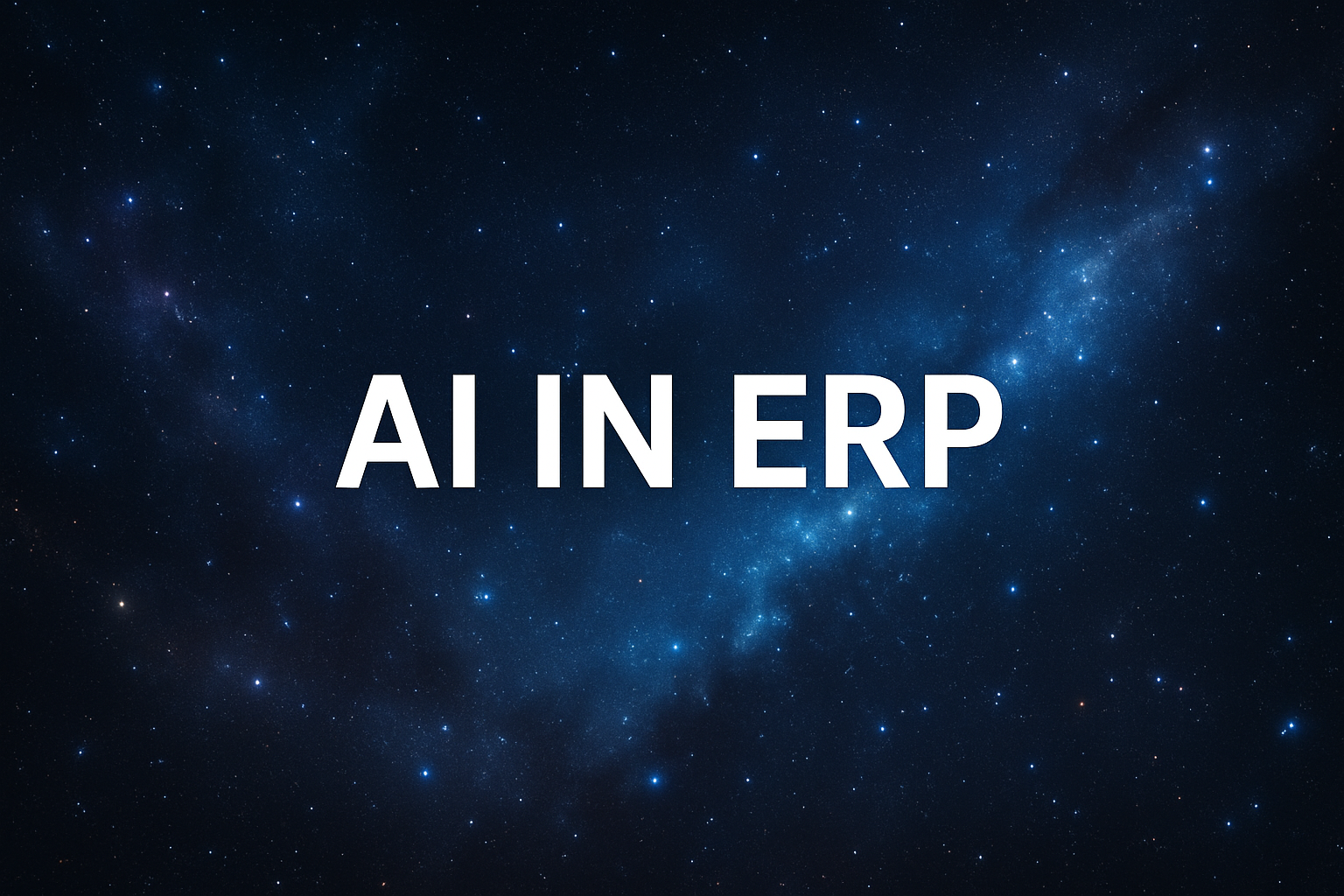Why adoption is lagging—and how to move forward with clarity and control.
AI is no longer a futuristic concept in enterprise tech. It’s here. It’s embedded in your ERP, your analytics, your workflows. And just like cloud five years ago, AI is quickly becoming a non-negotiable.
But while organizations recognize they must embrace AI, many are deeply uneasy about how to do so. At Third Stage Consulting, we see this every day: CIOs and business leaders eager to innovate—but held back by anxiety, mistrust, and uncertainty.
Here’s what’s really going on behind the scenes—and what it means for your ERP strategy.
Table of Contents
ToggleThe AI Paradox: Urgency Meets Fear
Let’s call it what it is: AI adoption is a trust issue.
Leaders want AI. They know it’s critical to competitiveness. But they also fear:
- Loss of control: “Will the machine make decisions I didn’t approve?”
- Job displacement: “Will AI replace my team—or me?”
- Liability: “What happens if an AI tool creates risk or breaks compliance?”
These concerns aren’t unfounded. Most ERP users aren’t looking for full-blown AI autonomy—they’re looking for smart assistance, not full replacement. That’s why the most successful AI rollouts in ERP today follow one principle: keep the human in the loop.
Where AI Works: Assistants Over Advisors
One of the fastest paths to user adoption is AI assistants—tools that help you interact with ERP using natural language (NLP), rather than rigid menus and legacy interfaces.
Think: “Chat with your ERP.”
Not: “Let your ERP decide what to do.”
This approach lowers the barrier to entry. Users don’t have to learn new UI. They don’t have to memorize workflows. They simply ask the system what they need—and it responds.
This shift toward conversational AI boosts productivity without triggering fear. It’s less about automating decisions, more about simplifying interaction.
But Don’t Skip Strategy: Clean Data Still Wins
Despite the hype, AI is only as good as your data. And that’s where many ERP customers stumble.
Data governance, quality, and integration are still major challenges. Before investing, organizations need to ask:
- Is our ERP data clean and consistent?
- Are our reporting structures centralized?
- Do we have governance policies in place?
Without this foundation, AI will amplify noise—not insight. As one industry analyst put it: “Descriptive analytics is powerful, but only if your ERP isn’t a mess.”
The Hidden Risk: Contracts & Compliance
Here’s a piece that’s often overlooked: contractual risk.
Vendors are quietly introducing AI features into ERP platforms—sometimes without clear terms. In one recent example, a vendor’s chatbot terms stated that any third-party IP claims from user uploads would be the customer’s responsibility—even before guilt is proven.
For organizations with thousands of users, that’s a massive exposure.
Before you turn on embedded AI in your ERP or invest in GenAI tools, review your contracts. Understand who owns the liability. Update internal policies. And consult legal and IT together—this isn’t just a tech decision.
What ERP Customers Need from Vendors
It’s not just about features. ERP customers want:
- Clarity on value: Where will it actually improve business processes?
- Lessons learned from real use cases: Especially around data and change management.
- Transparent roadmaps: What’s coming, and what are the risks?
- Support for OCM: Because adoption is as much about people as it is about tech.
So… Is Your Organization Ready?
AI won’t replace humans. But leaders who embrace AI wisely may replace those who don’t.
If you want to integrate AI into your ERP strategy, do it with a plan:
✅ Start with low-risk assistant use cases
✅ Clean your data before adding complexity
✅ Keep humans in the decision loop
✅ Review your contracts and compliance policies
✅ Communicate clearly to your team
Ready to Build a Strategy That Actually Works?
📥 Download our ERP AI Readiness Playbook
🎙️ Tune into our podcast: The Future of ERP and AI
💬 Book a strategy session with our team to assess where AI fits in your transformation roadmap.
AI isn’t just another buzzword.
It’s a business advantage—if you implement it with eyes wide open.
Let’s talk.






